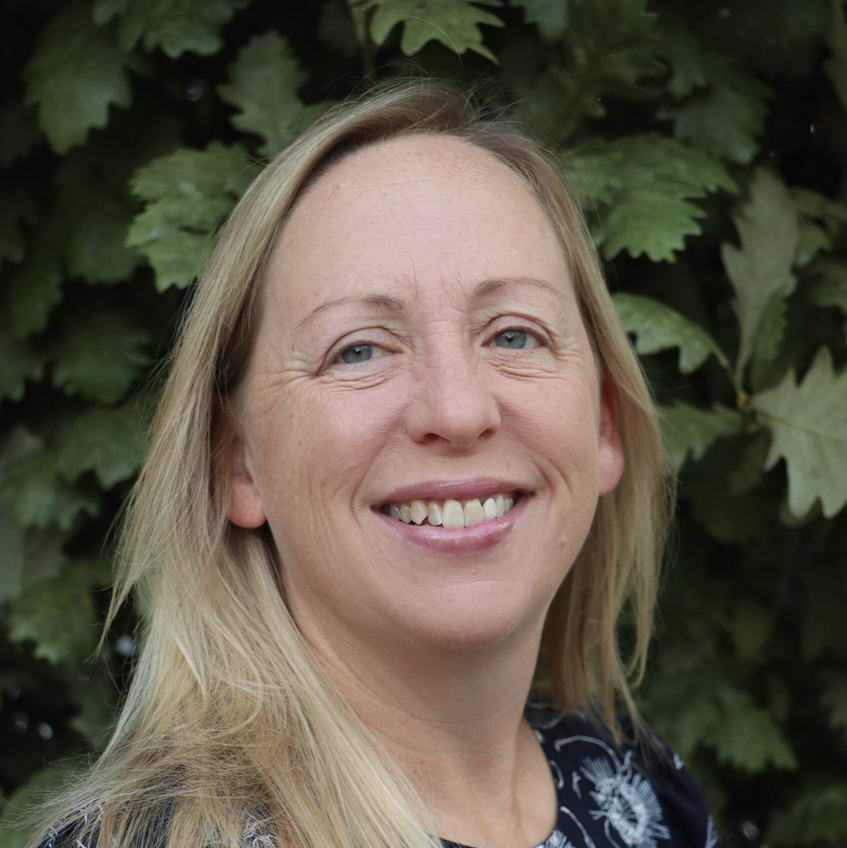
Dr. Zafar Chaudry Seattle Children’s Hospital
Dr. Zafar Chaudry, CIO and Senior Vice President of Seattle Children’s Hospital, joined host Bill Russell on Influencers to talk how the pandemic has created a new normal for the healthcare system and the impact on his team’s goals in 2021.
On an average day before COVID-19, about 100 people were working remotely at Seattle Children’s, according to Chaudry. When the pandemic hit, this shifted within 48 hours to 4,000 employees, one-third of the entire staff.
With more employees working remotely, Chaudry witnessed increased productivity, despite expectations. He has associated this improvement with the lack of a time-consuming commute to the office.
Before Covid-19, there was a considerable effort made to bring people together, according to Chaudry. Having around 500 people in his team, he hosted monthly town halls and quarterly all-hands sessions.
Now with a remote workforce, these have become virtual meetings, additional weekly updates, various check-ins, and team huddles.
“People are under a lot of emotional strain outside of work because of the uncertainties of what's happening. I've seen that level of pressure within the teams. So I think you're going to have to do more hand-holding during the pandemic. We've tried to do that across the board,” Chaudry said.
To foster a culture within the remote work environment, Chaudry tries to offer fun virtual activities to engage his employees. Before, there were barbecues and get-togethers, but now they hold virtual competitions and charades.
Regarding the future of remote work, the health system has set up an independent committee that will determine, Chaudry explained. So far, they have decided to keep around 3,000 out of the 4,000 employees working remote indefinitely. By doing so, they can save the money otherwise spent on expensive locations in downtown Seattle.
Another perk to their remote working model is hiring flexibility, enlarging their hiring pool from four states to seven.
"I'm able to get a bigger, diverse pool of candidates that I can bring into the business, which helps us in our thinking moving forward," he said.
With the future in mind, Chaudry lays out what is next for Seattle Childrens. Since the start of their fiscal year on November 1, their focus has been on finance, patient safety issues, and replacing end-of-life systems.
In this vein, Chaudry explains how application rationalization (also referred to as app rat) is necessary for the future and for cost improvement programs. In the last year, they have decreased in over 50 applications, to 788 applications in all.
"We're going through each application to see whether it's valid, whether it's in support, whether it can be archived and decommissioned," he explained.
Even with this priority, there are challenges. Clinicians may push back upon proposing to eliminate a system that contains relevant data. Because of this, the hospital is working to decide on a level of archive to create, according to Chaudry.
In addition to app rat, he has also been working to eliminate technical debt by migrating to the cloud. Chaudry said when applications are not monitored for updates, upgrades, and new versions, they will age and cost even more to support.
Regarding regulatory projects, the hospital has focused on complying with price transparency. According to Chaudry, his concern is not with sharing information, but questions how health systems and vendors can provide it in a helpful way for the patient.
"I know the federal government wants us to share data, which is a good thing. The contextual question is, what does that mean for the patient? How does that benefit the patient? And can the patient understand the information that they have?” he said.
According to Chaudry, there is value to this information. However, without standards set at the federal level for providers and vendors to comply with, there will be many discrepancies.
Relatedly, the next thing in analytics is making the data transparent to the general public, according to Chaudry.
"Let's say I need to see a cardiologist. Why can't I transparently see the outcomes data by cardiac surgeon by facility and then make my informed choice?" he questioned.
Though this means increased competition amongst physicians, this level of transparency is necessary, Chaudry proposes. In his opinion, patients should have the ability to choose the best physician based on the outcomes for the care needed, which is not possible without an open format.
"I think this is where analytics should be driving to: engaging the average population and health systems revealing all of their outcomes data, all of their infection data, all of their CLABSI data, in a transparent way on their website," he said.
Addressing the pandemic’s lasting impact, it has accelerated digital transformation not just in healthcare, but in many different industries, Chaudry explains.
“I think the legacy of the pandemic, certainly in health IT, will be the speed of digital transformation. I think that's what we will tell our grandkids and great-grandkids. That's what the pandemic did for us. Prior to that, it was always hit or miss. Trying to get that stakeholder involvement and sponsorship,” he said.
To learn more about this episode of This Week in Health IT, watch the full interview at www.thisweekhealth.com.
Tess Kellogg - Editor-in-Chief
Katie Talpos - Staff Writer


Questions about the Podcast?
Contact us with any questions, requests, or comments about the show. We love hearing your feedback.

© Copyright 2024 Health Lyrics All rights reserved